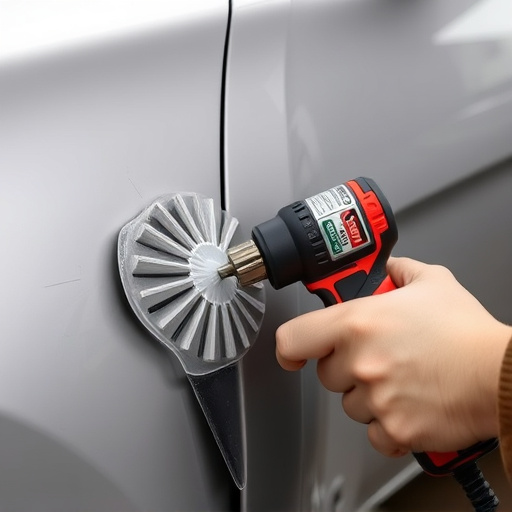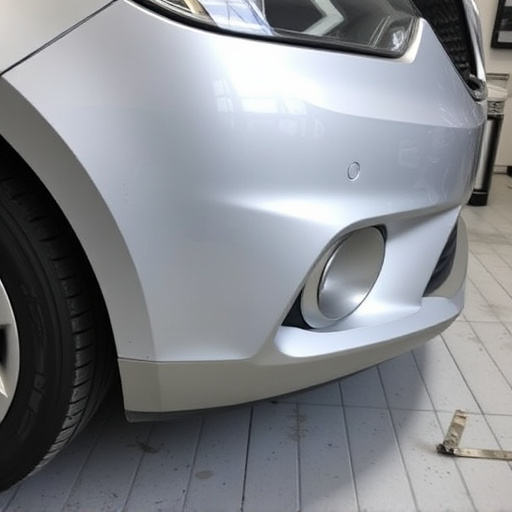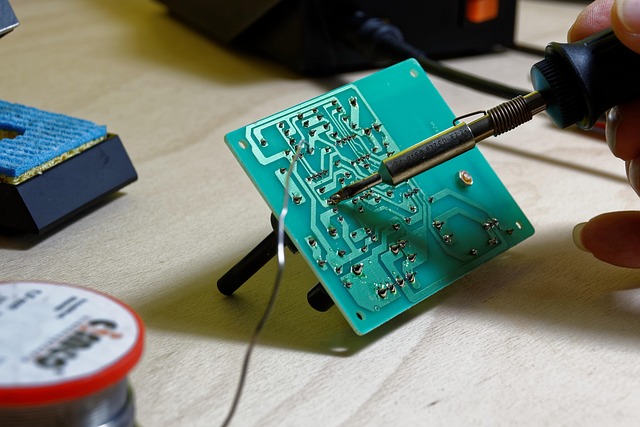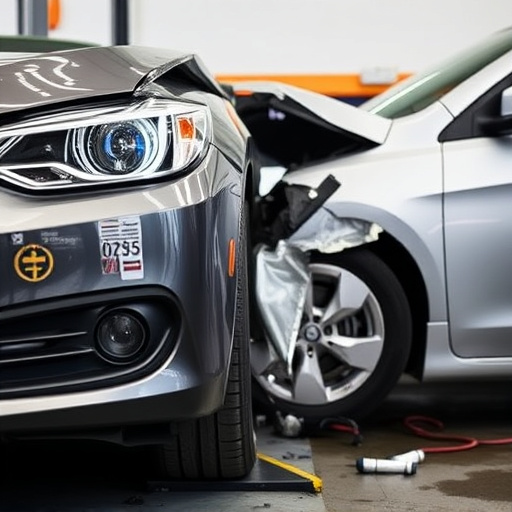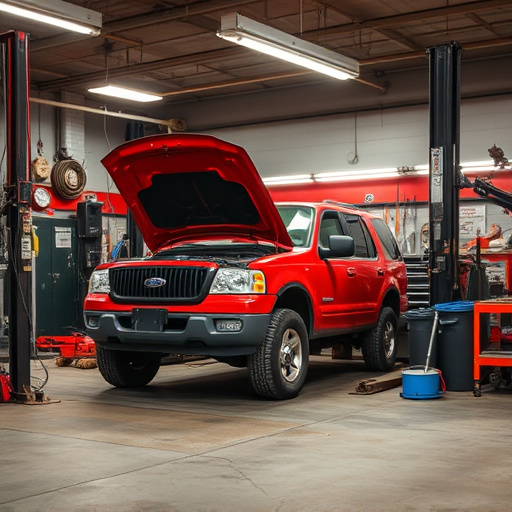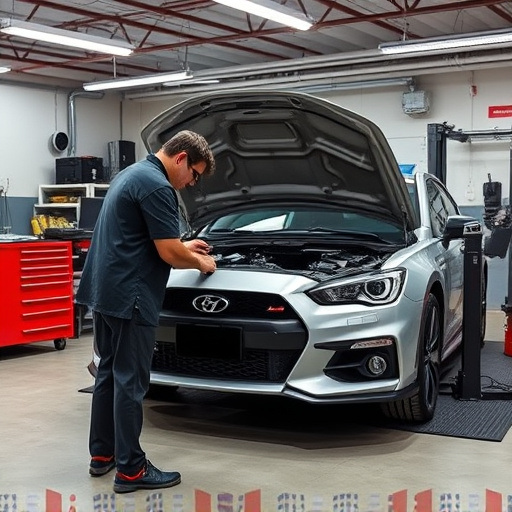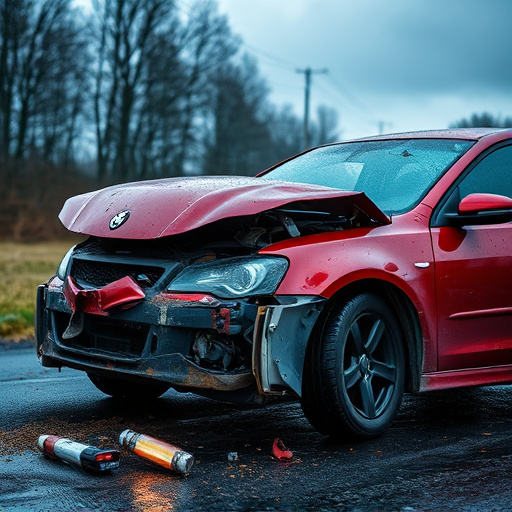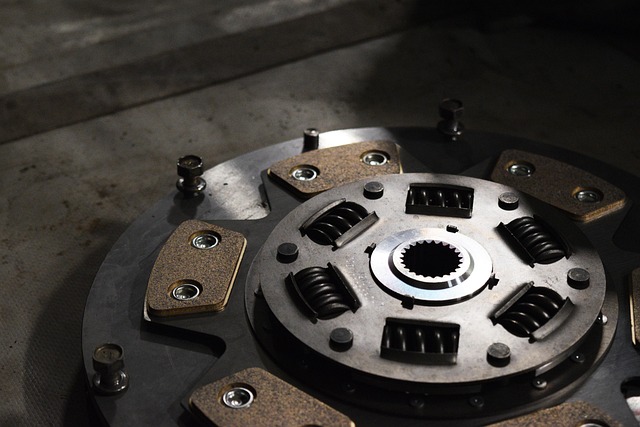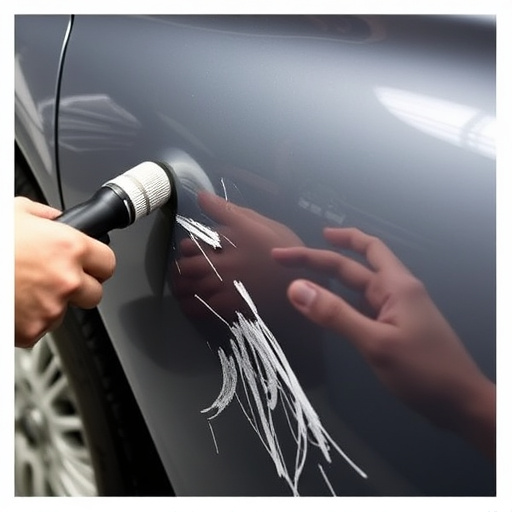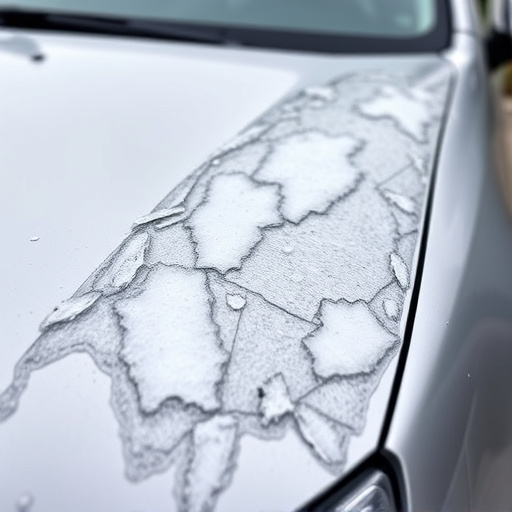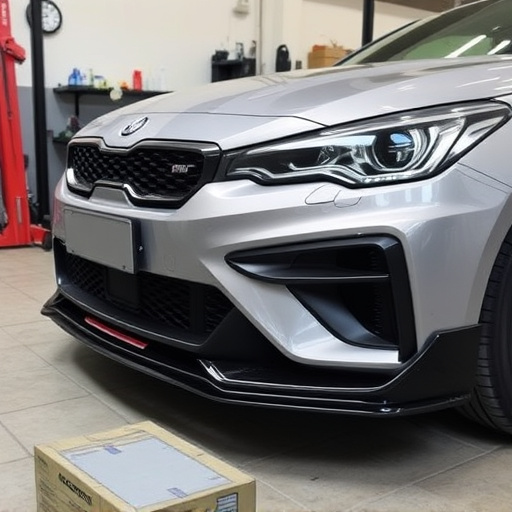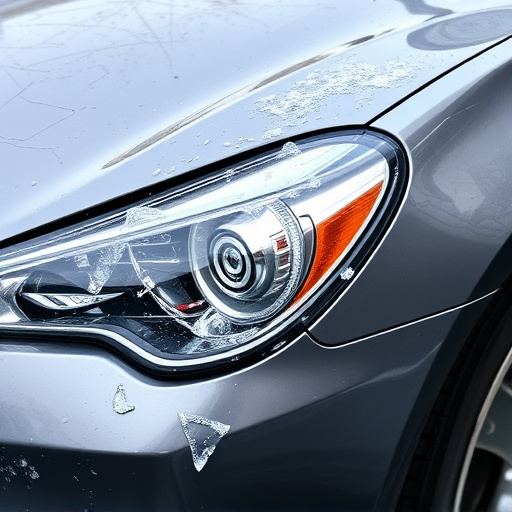To prepare for auto collision repair, conduct a thorough inspection and cleaning of your vehicle, documenting existing damage and taking note of modifications. Create a detailed parts list with specifications and organize essential documents like insurance proof and registration. Communicate with the body shop about estimated repair durations to manage expectations and ensure faster turnaround times, optimizing the overall maintenance process.
Before leaving your vehicle at a body shop for repairs, ensure a swift turnaround time by preparing thoroughly. Begin by assessing and cleaning your vehicle, removing any dirt or damage that might impact the repair process. Next, gather all necessary documentation, parts information, and insurance details. Clear communication with the body shop is key; discuss expectations, timelines, and any specific requirements to manage your vehicle’s journey back to optimal condition efficiently.
- Assess and Clean Your Vehicle Thoroughly
- Gather Necessary Documentation and Parts Information
- Communicate Clearly with the Body Shop to Manage Expectations
Assess and Clean Your Vehicle Thoroughly
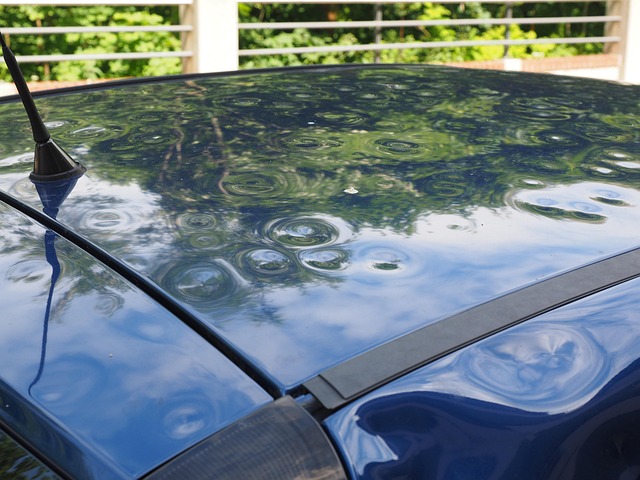
Before your vehicle heads to the body shop for repairs, taking the time to thoroughly assess and clean it is crucial. This initial step will set the stage for a smoother process during the auto collision repair phase, potentially reducing the overall body shop turnaround time. Start by inspecting every inch of your car, truck, or SUV, noting any existing damage as well as recent changes or additions that might affect repairs. Remember to check underbody components and wheel wells too, as these areas can often hide dents or other issues.
Once you’ve identified all damage, including car dent repair needs, it’s time to grab your cleaning supplies. A meticulous cleaning routine removes dirt, grease, and grime that could interfere with the quality of repairs. Wash your vehicle properly, paying special attention to any damaged areas. Drying thoroughly is just as important, ensuring no moisture remains that could lead to rust or other complications later on. Properly prepared, your vehicle will be ready for expert auto collision repair services, streamlining the turnaround process.
Gather Necessary Documentation and Parts Information
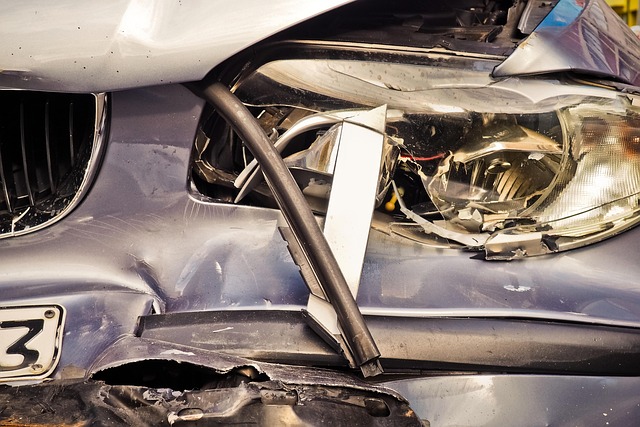
Before dropping off your vehicle to a body shop for repairs, it’s crucial to gather all necessary documentation and parts information. This includes proof of insurance, your vehicle registration, and any relevant police reports or incident details. Additionally, make a comprehensive list of the parts that need replacement, along with their specifications, such as size, make, model, and color, if available.
These preparations will significantly streamline the process at the collision repair center or automotive repair shop. It ensures that everyone involved has accurate and complete information, reducing potential delays during your vehicle’s turnaround time. Efficient communication and documentation can also help in accurately matching parts, ensuring a quality and timely repair for your vehicle repair services.
Communicate Clearly with the Body Shop to Manage Expectations

Effective communication with your chosen body shop is key to managing expectations regarding their turnaround time. Before dropping off your vehicle, have a clear discussion about the estimated repair duration and understand their typical timeframe for completing auto collision repairs and car paint services. Every shop has its processes and capacity, so knowing these details will help you both set realistic goals.
By being transparent about the extent of the damage and any specific requirements, such as specialized parts or techniques, you can anticipate potential delays and plan accordingly. This open dialogue ensures that when your vehicle is finally ready, you’re not left waiting, allowing for smoother auto maintenance and a faster return to the road.
Preparing your vehicle before its journey to the body shop is a proactive step that can significantly impact your overall experience. By thoroughly assessing and cleaning your vehicle, ensuring all necessary documentation is in order, and maintaining open communication with the body shop, you can manage expectations and ensure a smoother turnaround process. Remember, clear communication is key to navigating any potential delays or complexities, so don’t hesitate to ask questions and stay involved throughout the repair process.

